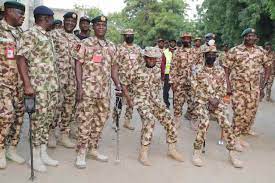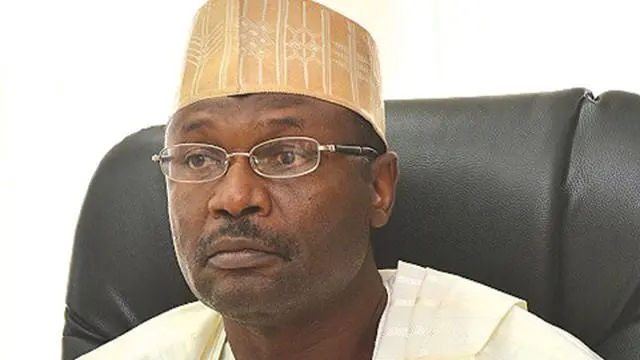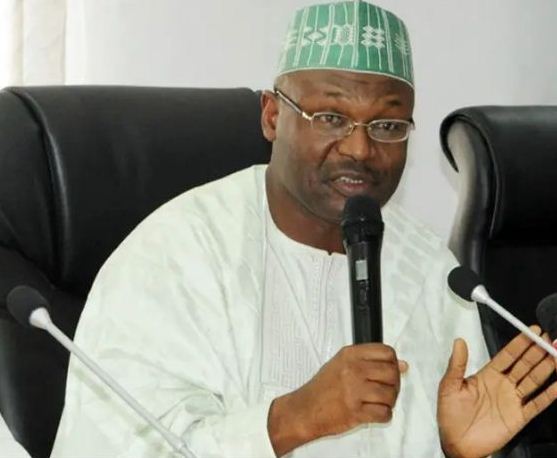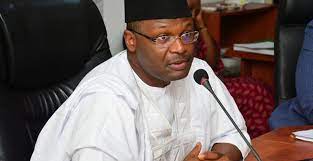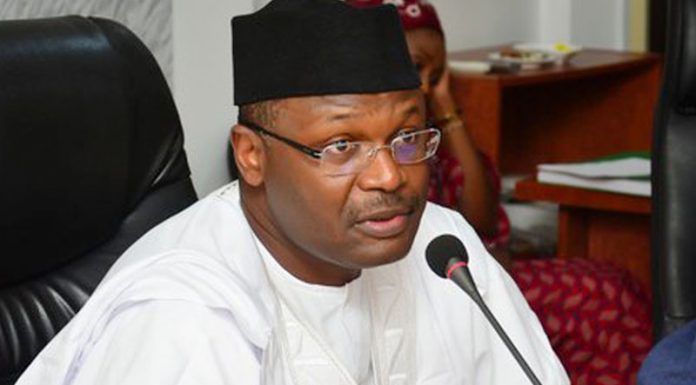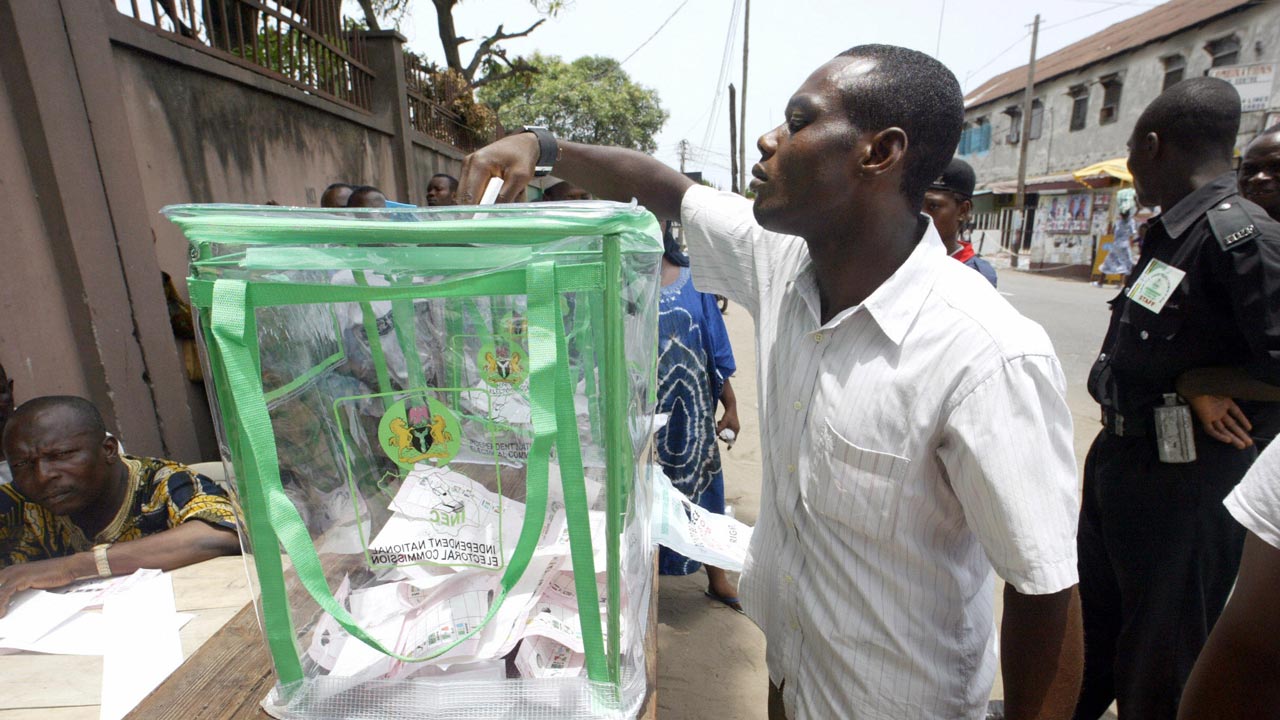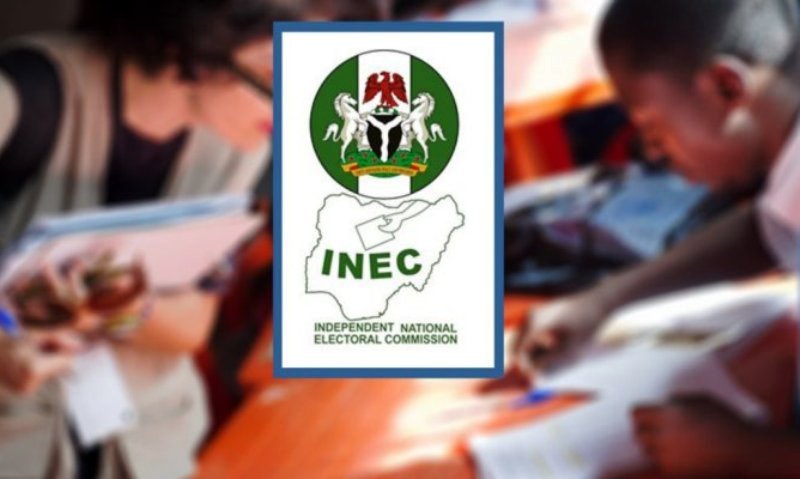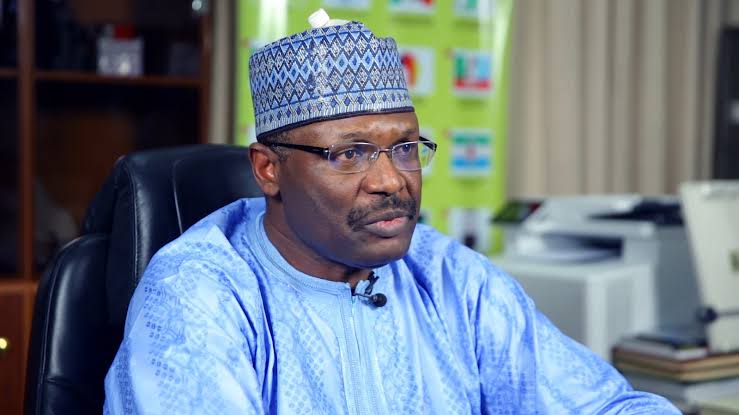Voters in Kubwa, a sattelite town in Abuja, trooped out early to their units on Saturday, in preparation for the Presidential and National Assembly elections.
While officials of the Independent National Electoral Commission (INEC) were yet to report at the polling units, visited scores of voters were already gathered with few security personnel observing.
At the polling unit in Queen Amina Street, Phase II, site II (2:2), PW and Police Estate, hundreds of voters were seen as at 7:30 a.m.
Some of the voters expressed hope in the electoral system, while urging Nigerians to conduct themselves peacefully.
According to one voter, Lateef Taiwo, it is advisable to come early because the poling units are usually crowded.
He urged voters to maintain peace, while calling on the electoral officers to ensure that the process is fair and credible.
Another voter, Kingsley Okoro, also called for a peaceful process while urging Nigerians to make the right choice in the interest of the country.
According to Japhet Opara, another voter, it is a civic duty to participate in the elections and ensure that the process is credible.
“I advise the electorates to be calm, though I believe that this election will not be violent in any way.
“The process as initiated by INEC seems easy when compared to other elections, ” he said.
Mrs Amaka Agbalize, another voter in Kubwa, said that the election is well organised.
“I just picked number, which is 250. I am optimistic that my vote will count.
“I advised the electorate to coordinate themselves and obey the security personnel, so that things can move on smoothly, ” she said.
However, observed that there is a free vehicular movement within Kubwa in spite of the movement restriction that comes with elections.
INEC has said there are a total of 93,469,008 eligible voters in its voters register after the final cleanup that includes the removal of double registration and underage voters.
The Commission said there the FCT has 1,570,307 registered voters.
This figure, the commission said, was arrived at after the review of 54,264 objections raised by Nigerians following the initial display of the voter register on its website in November 2022.
INEC Chairman, Mahmood Yakubu the total number of eligible voters rose by 9,464,924 or 11.3 per cent from the 84,004,084 recorded in the 2019 general elections to 93,469,008 eligible voters in 2023.
Yakubu said 49,054,162 or 52.5 per cent of the total voters are male while the remaining 44,414,846 or 47.5 per cent are female voters.
He added that 37,060,399 or 39.65 per cent of voters are between the ages of 18 and 34; while 33,413,591 or 35.75 per cent are middle-aged persons between the ages of 35 and 49.
The INEC chairman also said 17,700,270 or 18.94 per cent of the total registered voters are elderly voters between the ages of 50 and 69, just as the remaining 5,294,748 or 5.66 per cent are senior citizens above the age of 70.
He further revealed that students make up the largest category at 26,027,481 or 27.8 per cent of all registered voters, in terms of occupational distribution.
NAN reports that INEC published list contains the names of candidates validly nominated for national elections at the close of the parties’ primaries and the period earmarked for the withdrawal and substitution of candidates.
The names of the presidential candidates of the African Action Congress (AAC), Peoples Democratic Party (PDP), All Progressives Congress (APC), Labour Party, and New Nigeria Peoples Party (NNPP), Omoyele Sowore, Atiku Abubakar, Bola Tinubu, Peter Obi, and Rabiu Kwankwaso respectively are on the final list.
Other presidential candidates on the list include Daberechukwu Nwanyanwu, presidential candidate of Zenith Labour Party (ZLP) and his running mate, Ramalan Abubakar; Dumebi Kachikwu, presidential candidate, African Democratic Congress (ADC) and his running mate, Ahmed Mani.
Other names include Senator Godswill Akpabio from Akwa Ibom state, Senator Peter Nwaobishi of Delta State and Bashir Machina, who will replace the Senate President, Ahmad Lawan in the National Assembly.
The publication of the final list of candidates for national elections (presidential, senatorial and federal constituencies) is in accordance with section 32(1) of the Electoral Act 2022 and item 8 of the Timetable and Schedule of Activities for the 2023 General Elections.
NAN

